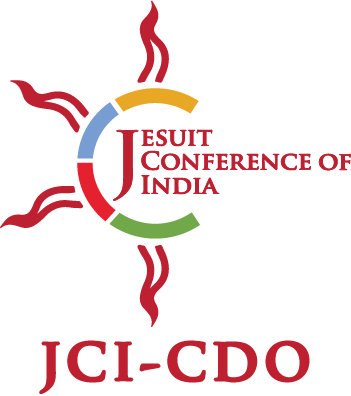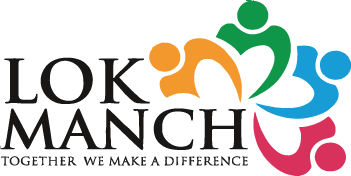About Us
Jesuit Resource and Response Hub (JRH) is a Jesuit Collective comprising the Indian Social Institute- Delhi, Conference Development Office (CDO) of the Jesuit Conference of India (JCI), Migrant Assistance and Information Network (MAIN), Lok Manch, Jesuit Provinces, Common Works and networks in India. It has close collaboration with the global Jesuit network (jesuit.network). The collective is an informal network operating in 21 Provinces and Regions in India/South Asia working for the development of the poor and marginalised through various developmental interventions.
Indian Social Institute (ISI)-Delhi is a centre of research contributing to social transformation.It has great credibility among the academicians, activists, students and marginalised communities through varied interventions like action-based research, publications, capacity building programmes, and policy interventions through advocacy. The Institute has a Special Consultative Status with the Economic and Social Council of the United Nations.
Conference Development Office (CDO) is a resource organisation, which was set up as part of the deliberations and decisions of the Jesuit Conference of South Asia (JCSA). It operates under the legal entity named Jesuit Conference of India (JCI). CDO has its primary commitment of promoting networking at the Conference level, consolidating and enhancing skills, expertise and capabilities of Jesuits, collaborators and partner units, and thus moving towards ‘Empowerment and Sustainability’ as its motto. As a resource organisation, CDO also accompanies the regional partners in project development and management, developing policies and systems of compliance, building capacities and links with possible resource mobilisation opportunities.
The Migrant Assistance and Information Network (MAIN) is the outcome of the felt-need for a concerted, collective and innovative response to reach out to the distress migrant workers; inter-state and intra-state. MAIN works in collaboration with government departments, individuals, NGOs/CSOs/CBOs, institutions, religious congregations, networks, etc. at various levels. It works closely with state governments by developing a replicable and sustainable model Accompanying, Serving and Advocating for the cause of distressed migrants. It visualises itself becoming a state-run programme eventually to address the issues of distress migrants in the long run across India.
Lok Manch (People’s Forum) is a human rights-driven secular, inclusive platform of community leaders and civil society organisations on policy engagement at various levels for proper implementation of existing policies and laws and demanding new policies, amendments in existing laws and for new laws. It was created by the people and for the people, and envisioned by members of society's most marginalised groups, including Dalits, Adivasis, minorities and urban poor. Lok Manch's focus areas include legal education, leadership training, developing an understanding of criminal laws, establishing a complaint mechanism, monitoring and negotiating skills and conducting social audits.
The Xavier Network, a global Jesuit Network for development, is an international initiative and development partnership between Jesuit organisations working to better the lives of the poor and the marginalised. The network has its presence in over 87 countries, carrying out projects in close collaboration with local partners.






